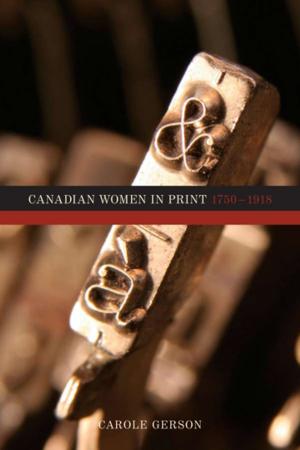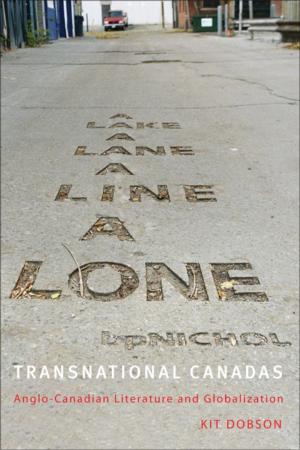Desire for Development
Whiteness, Gender, and the Helping Imperative
Nonfiction, Social & Cultural Studies, Social Science, Gender Studies, Women&, Religion & Spirituality| Author: | Barbara Heron | ISBN: | 9781554580996 |
| Publisher: | Wilfrid Laurier University Press | Publication: | December 4, 2007 |
| Imprint: | Wilfrid Laurier University Press | Language: | English |
| Author: | Barbara Heron |
| ISBN: | 9781554580996 |
| Publisher: | Wilfrid Laurier University Press |
| Publication: | December 4, 2007 |
| Imprint: | Wilfrid Laurier University Press |
| Language: | English |
In Desire for Development: Whiteness, Gender, and the Helping Imperative, Barbara Heron draws on poststructuralist notions of subjectivity, critical race and space theory, feminism, colonial and postcolonial studies, and travel writing to trace colonial continuities in the post-development recollections of white Canadian women who have worked in Africa. Following the narrative arc of the development worker story from the decision to go overseas, through the experiences abroad, the return home, and final reflections, the book interweaves theory with the words of the participants to bring theory to life and to generate new understandings of whiteness and development work.
Heron reveals how the desire for development is about the making of self in terms that are highly raced, classed, and gendered, and she exposes the moral core of this self and its seemingly paradoxical necessity to the Other. The construction of white female subjectivity is thereby revealed as contingent on notions of goodness and Othering, played out against, and constituted by, the backdrop of the NorthSouth binary, in which Canada’s national narrative situates us as the “good guys” of the world.
In Desire for Development: Whiteness, Gender, and the Helping Imperative, Barbara Heron draws on poststructuralist notions of subjectivity, critical race and space theory, feminism, colonial and postcolonial studies, and travel writing to trace colonial continuities in the post-development recollections of white Canadian women who have worked in Africa. Following the narrative arc of the development worker story from the decision to go overseas, through the experiences abroad, the return home, and final reflections, the book interweaves theory with the words of the participants to bring theory to life and to generate new understandings of whiteness and development work.
Heron reveals how the desire for development is about the making of self in terms that are highly raced, classed, and gendered, and she exposes the moral core of this self and its seemingly paradoxical necessity to the Other. The construction of white female subjectivity is thereby revealed as contingent on notions of goodness and Othering, played out against, and constituted by, the backdrop of the NorthSouth binary, in which Canada’s national narrative situates us as the “good guys” of the world.















